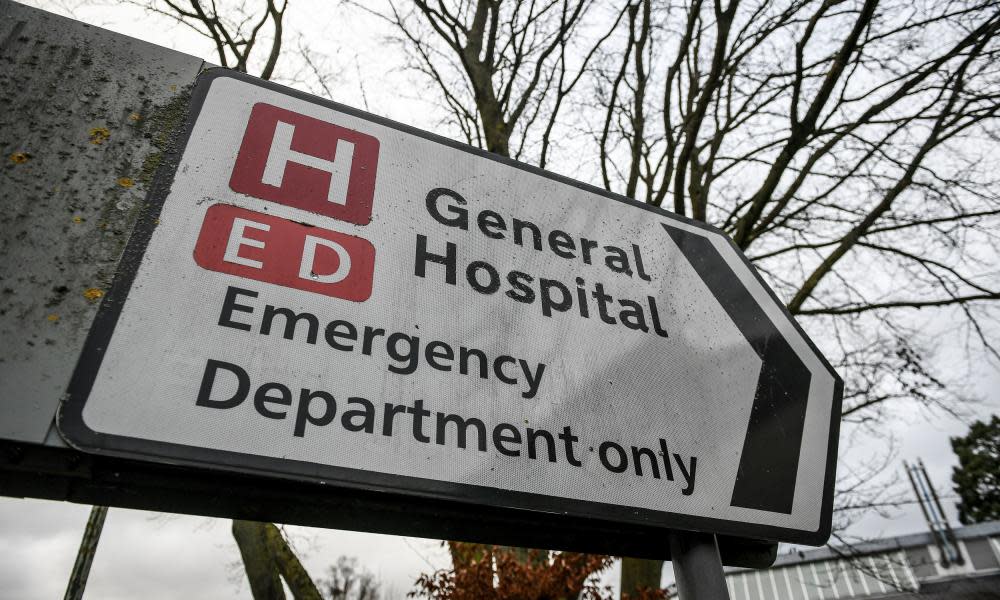NHS winter crisis can be avoided with ambulatory care, say doctors

The NHS could help avoid a winter crisis this year by treating thousands more patients in ambulatory care units (ACUs), allowing people to go home the day they arrive, doctors say.
Many more patients with blood clots, infections, seizures and anaemia could be treated in ACUs on the day and then discharged so they do not need to occupy a bed at a time when the NHS is under intense strain.
Ambulatory care is used for patients who have a serious illness that can safely be managed at home after a spell of treatment if support is available.
Dr Nick Scriven, the president of the Society for Acute Medicine (SAM), urged hospitals with an ACU to send more patients there and said ministers should fund units at hospitals that did not have them.
A recent SAM audit found that 80% of patients assessed in ACUs went home the same day, which saved the NHS 977 beds a day. The NHS could save at least 14,000 overnight stays if hospitals use ambulatory care more widely this winter, SAM believes.
“Ambulatory emergency care has obvious benefits for the patient in that they usually remain in their own clothes, remain mobile and get to sleep in their own beds, while for the hospitals it’s a way of alleviating overnight bed pressures,” Scriven said.
The call comes as hospitals ramp up their preparations for what NHS organisations predict will be an even tougher winter than last year, when many hospitals were overwhelmed and forced to let patients remain on trolleys for up to 48 hours. The three weeks starting on the weekend before Christmas are expected to be the busiest of the year.
Paul Blytheway, the chief operating officer at Queen Alexandra hospital in Portsmouth, said it had been planning for winter since May. “We are absolutely prepared for the winter that is going to come,” he said.
Dr Ben Teasdale, an A&E consultant in Leicester, tweeted on 5 November that Leicester Royal Infirmary’s emergency department was so busy already that “it’s fair to say that winter is here in Leicester”. In a 13 November tweet, he said it was “the busiest day we’ve ever had”, with his unit treating 766 patients in 24 hours.
Dr Chris Lindesay, the lead for acute medicine and care of the elderly at Milton Keynes university hospital, said: “Six years ago we developed an ambulatory care unit, which now sees 50 patients per day – patients who would otherwise need admission to hospital. ACUs are able to provide care for patients who may only have to spend a few hours at the hospital, seeing the right doctor or quickly having the right scan.”
However, he said these units needed to have enough doctors with the right skills available to staff them, because of the increased risk of treating such patients. “These doctors, who practice medicine very efficiently, are in high demand in lots of areas in the hospital. The work is stressful and requires constant decision-making,” he said.
Saffron Cordery, the deputy chief executive of NHS Providers, which represents hospital trusts, said: “ACUs are a great way of easing pressure on beds and improving efficiency by helping avoid admissions. Other measures to achieve this include GP services based within emergency departments, walk-in centres on hospital sites and trusts engaging with their local populations to redirect people towards more appropriate services.”
NHS England said new bedside tests and rapid treatments meant hospitals were getting patients back home the day they arrive. “This works for many sudden illnesses and particularly helps older people avoid unnecessary admission to hospital wards, and is something that all hospitals should consider as we head into the winter period,” a spokesperson said.

 Yahoo News
Yahoo News 
